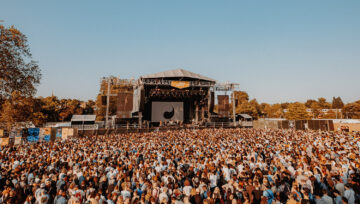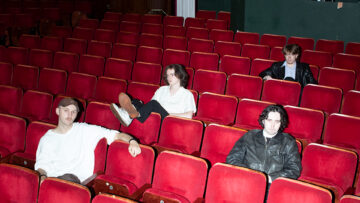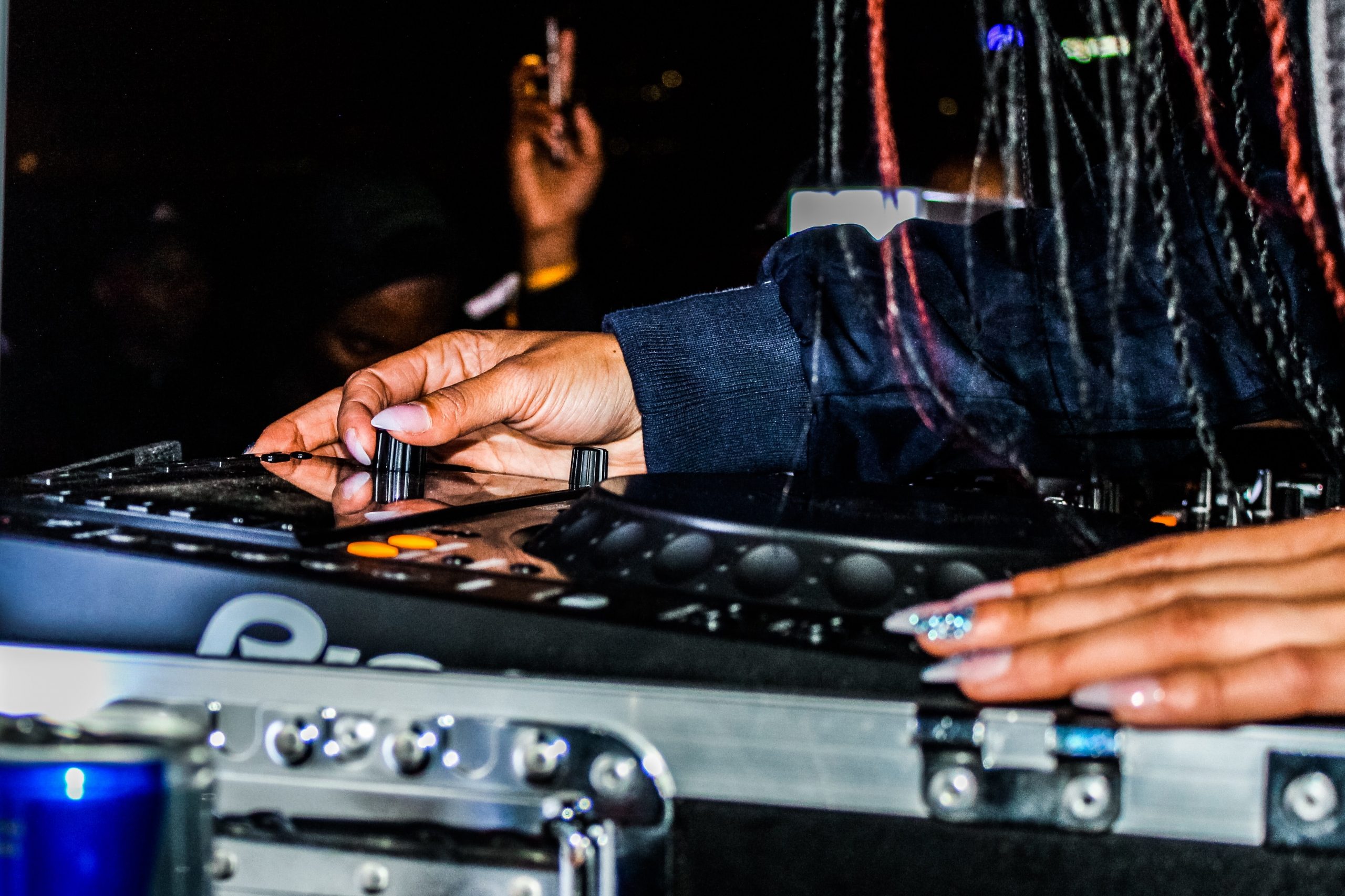
The report, spearheaded by BBC Radio 1 DJ Jaguar Bingham and financially supported by Sony Music, has found that just five per cent of dance hits are by women; meanwhile, less than one per cent of dance music played on UK radio was made by a female artist or all-female act.
The ‘Progressing Gender Representation in UK Dance Music’ report is the first of its kind, for measuring detailed qualitative and quantitative data to assess the UK music industry, dance music specifically and the gender representation of artists within that.
Data also found that among 22 festival line-ups between 2018 and 2022 (omitting 2020 due to covid), the number of female and non-binary acts on the line-up did increase but this was from 14% in 2018 to 28% last year.
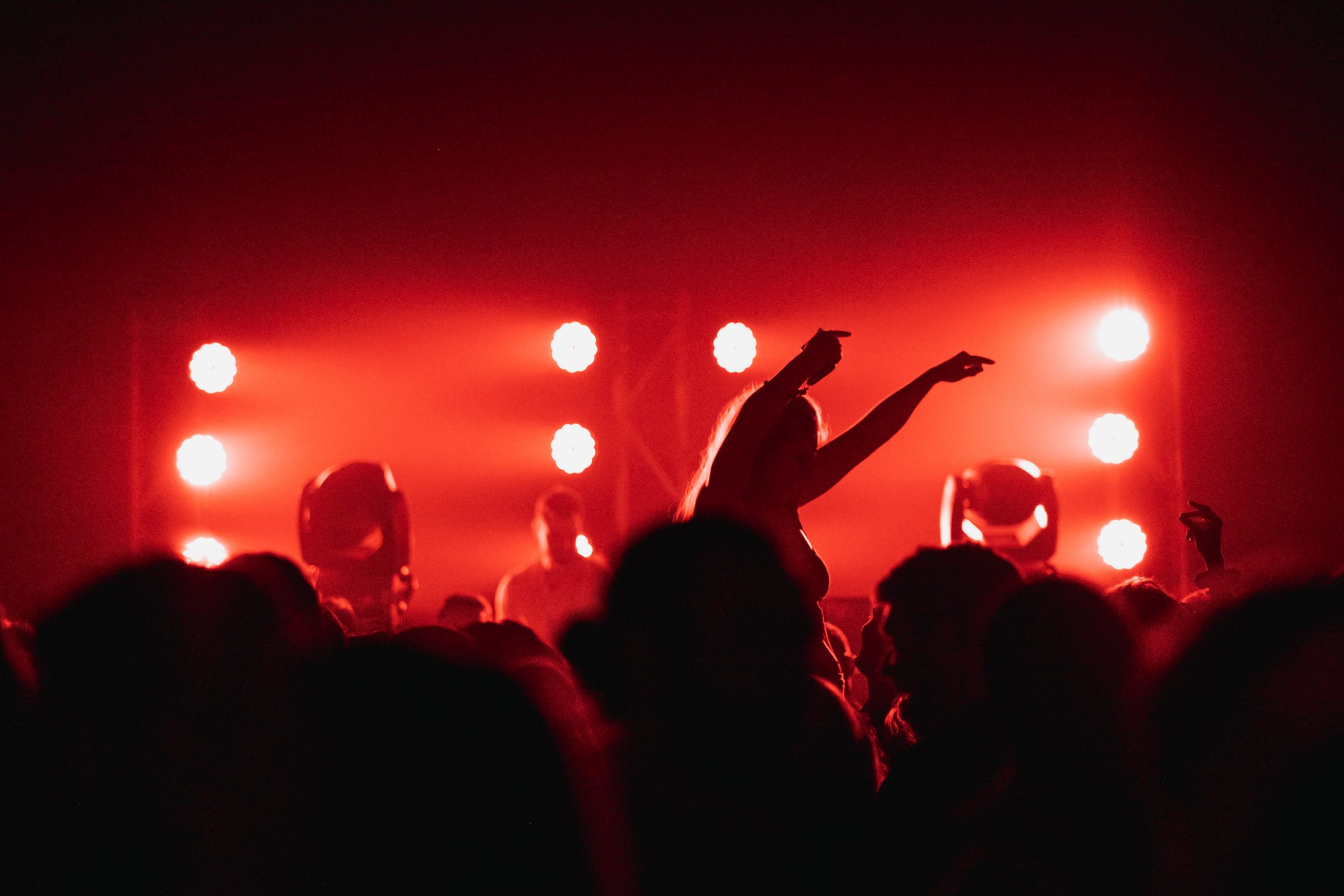
Capturing a range of voices, including DJs and broadcasters such as Annie Mac and TSHA, the report has tried to capture a nuanced view of the difference between genuine female representation and tokenism, “where there are few ‘diverse’ acts booked, or the same acts are booked everywhere.”
“Having women on line-ups and festivals will always be important, but people sometimes just use it as a tick box, because they feel like they have to nowadays,” DJ Sophia Violet said in the report.
“You’ll have an all-male line-up and then you’ll have one woman, it’s ridiculous to be honest with you. But you know, it’s quite a boys’ club,” DJ and producer Nia Archives said more firmly.
“We’re actually seeing women coming through and queer people coming through as headliners now which is fantastic,” added DJ Mandidextrous, conversely.
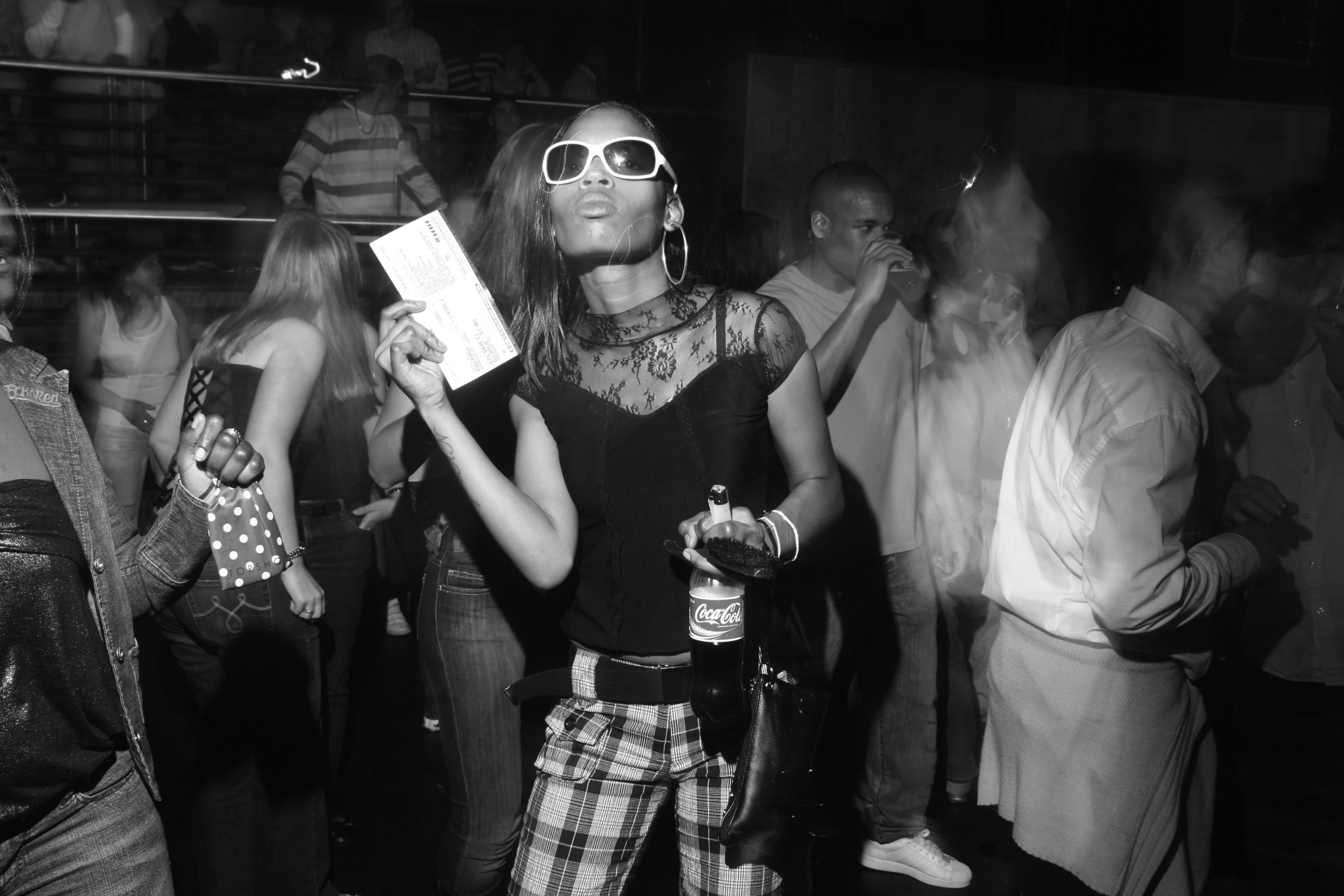
The report utilises a vast amount of data, and chimes with other recent studies focussing on the issue, including a BBC Radio 1 Newsbeat finding released in May, which found that just 13 per cent of headliners at the UK’s top festivals are female.
Equally, as clubs and venues finally reopened at the start of this year, a report from Ballantine’s entitled ‘Resetting the Dancefloor’ surveyed more than 2,300 music-lovers across four continents to determining what improvements could be made to music and club culture. (whynow Radio spoke to those in the industry, including the late, great Jamal Edwards, to find out more).
An exploration of club culture formed a key part of Jaguar’s new report, too, with many testimonies from female artists and DJs about their experiences.
DJ and producer Riva, for instance, said how “if you’re a woman and you want to break into the mainstream, part of that surrendering control is also accepting that beyond just a DJ you are a product that will sell for reasons that have nothing to do with your music or your skills, but to do with your looks and your appearance.”
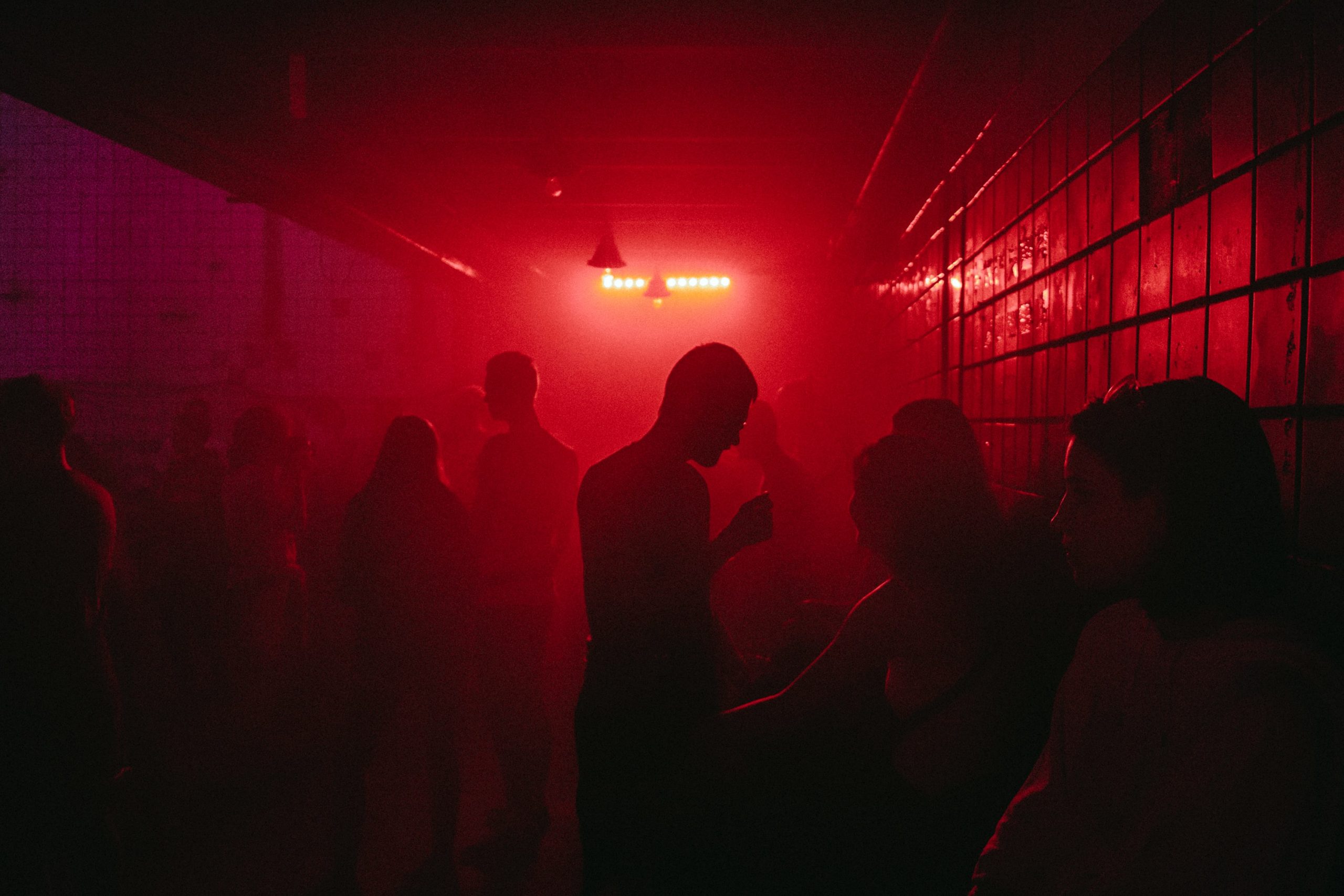
The report hasn’t just listed some of the issues facing the scene, but given recommendations, too, such as the need to support grassroots organisations; provide greater resources to aspiring female DJs; and encouraging people artists in the dance music industry to become a member of AFEM (Association for Electronic Music).
Additionally, Jaguar has two different organisations that offer support in this area: the Future1000 initiative launched a year ago, which offers free online DJ courses for girls, trans and non-binary aspiring DJs, The Jaguar Foundation, whose mission “is to make electronic music a more equal place for the next generation of creatives and emerging artists.”

